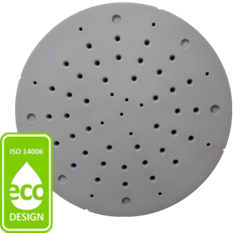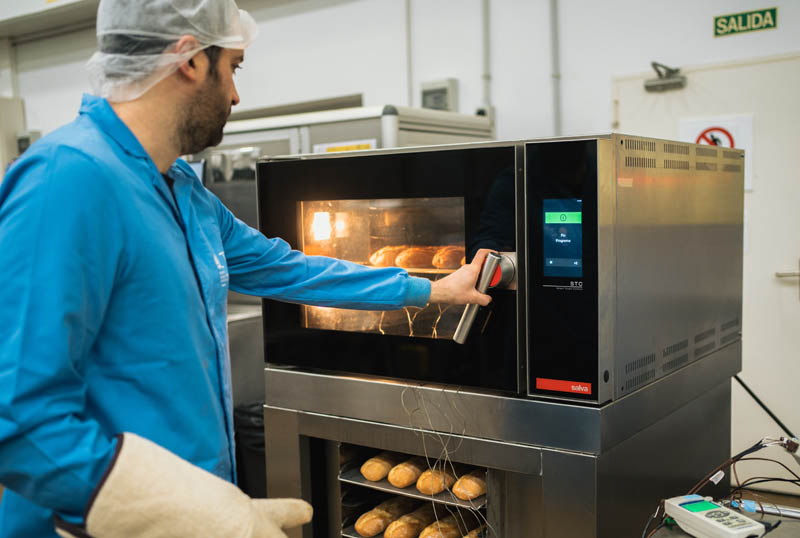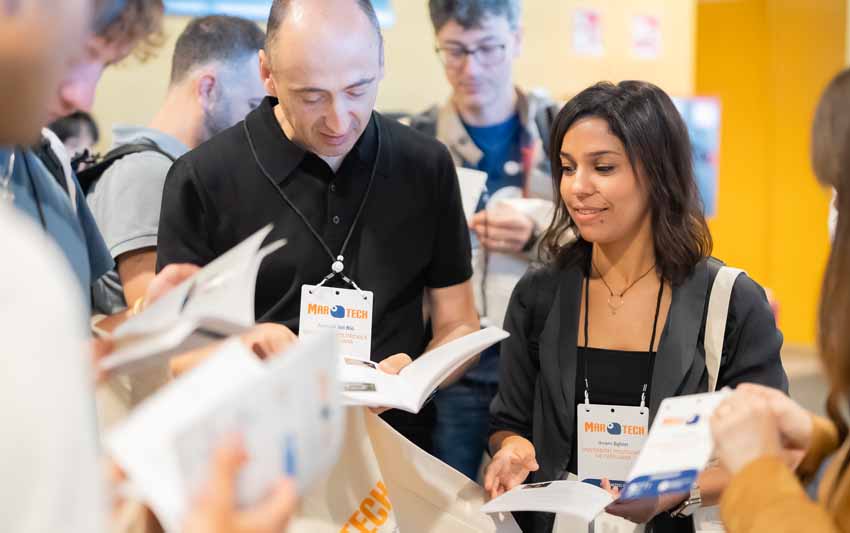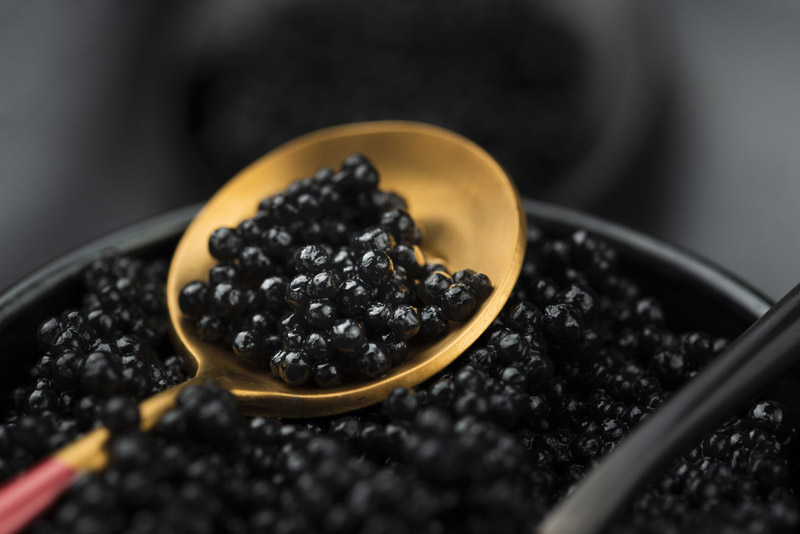Towards a 100% biodegradable alternative for FADs in the tropical tuna fishery
Últimas noticias
Una mirada LGTBIQ+ al reino animal
Circular Economy in Action: Valorisation of By-products through Projects like PRIMA NEWFEED
Strategic Perspectives: Highlights from the Food4Future World Summit for Business Leaders
Sukarrieta, 31 October – Sukarrieta, 31 November. -Last week, Zunibal, a developer of fishing technology solutions, in collaboration with the AZTI Technology Centre, unveiled an innovative device for tropical tuna purse seine fishing. It is a fully biodegradable and industrialised alternative to the construction of the floating platform of Fish Aggregating Devices (FADs), which in their traditional form are made of synthetic materials.
The main objective of this initiative is to promote the use of 100% biodegradable FADs in the purse seine fishery, while ensuring their effectiveness for the fleet. This will reduce the use of polluting materials in the manufacture of these devices, thereby reducing the contribution of purse seine fishing to the generation of marine waste. It also aims to reduce the environmental impact associated with the loss of FADs, such as strandings in sensitive habitats of high ecological value.
Over a period of 24 months, tests will be carried out in tropical marine environments and in different fishing areas. In close collaboration with the fishing sector, represented by the tuna associations OPAGAC-AGAC and ANABAC, together with their member companies, the degradation of biodegradable floating devices in tropical marine environments will be evaluated. The aim of these evaluations is to use these materials in the construction of FADs without compromising their effectiveness in fisheries.

Towards an increasingly sustainable industry
In response to the growing awareness of the impact of lost or discarded FADs on the marine ecosystem, all Tuna Regional Fisheries Management Organisations (RFMOs) have identified the need to move towards the use of biodegradable alternatives for these devices. This will reduce the environmental impact of purse seine fishing. However, although natural materials of plant origin such as wood and bamboo are currently used in the construction of FAD grids or floats, they are generally reinforced with synthetic floats.
The biodegradable alternative presented by Zunibal proposes a change in the construction of FAD floats that will reduce the use of non-biodegradable plastic materials and thus the contribution to marine litter, allowing the fleet to move towards the highest standards of sustainability.







